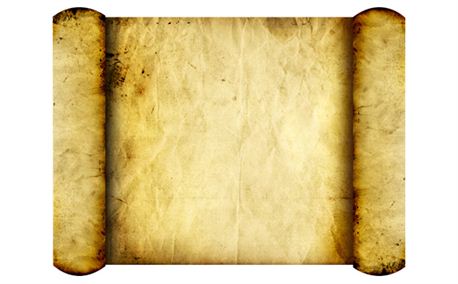 |
Craig White's Literature Courses Historical Backgrounds Classical Humanism & Judeo-Christian Religion:
Primary Sources / Strands |
 two rivers meet and mix |
Western Civilization begins in the Mediterranean (Greece, the Middle East, Rome), advances through Western Europe, and now penetrates or impacts nearly everywhere on Earth in terms of modern lifestyles of individual rights, urbanization, and lifespan extension, and economies devoted to material improvement, intensive exploitation of nature, and population growth.
Western Civilization develops from many sources, and different participants identity with different traditions, but two main sources & continuing strands prevail:
1. Humanism and Empiricism of Classical Greece and Rome:
1a. modern science and engineering (biology, medicine, geometry, logic, math, metaphysics, physics, architecture)
1b. modern government, lifestyles and art
![]() government:
democracy, courts, study of ethics, philosophy, meritocracy
government:
democracy, courts, study of ethics, philosophy, meritocracy
![]() sports:
Olympics, marathon running
sports:
Olympics, marathon running
![]() art:
sculpture,
architecture
art:
sculpture,
architecture
![]() literature:
epic poetry, drama (comedy and tragedy), rhetoric, literary theory
literature:
epic poetry, drama (comedy and tragedy), rhetoric, literary theory
2. Judeo-Christian Religion (or, including Islam, "Abrahamic Religions"); revelation and tradition instead of Humanism and Empiricism.
2a. religious institutions, and narratives (e.g., monotheism, conversion [lost but found, self-transformation], death & resurrection, millennialism)
2b. moral codes and values (10 Commandments, Golden Rule, sovereignty of human life over nature, equality of human souls)
2c. family structures (esp. patriarchal nuclear family + mobility: ancient Jews as nomads, Americans as mobile society)
2d. tribal identities? (churches, temples, mosques, etc. as centers of ethnic identities and ideologies)
Though distinct, these two separate strands repeatedly meet, cross, and blend in dialogue or dialectic:
-
New Testament of Bible written in Greek; apostle Paul a Roman citizen
-
313 AD Roman Empire permits Christianity, emperor Constantine converts
-
Dark Ages, Middle Ages (400-1400 AD): Fall of Roman Empire, decline of classical learning and empirical progress, maintenance of some classical learning through Roman Catholic Church and Islam
-
Renaissance (1400s-1600s): "re-birth" of classical learning > Christian Humanism
-
17c: Advances of Renaissance empower Reformation and Counter-Reformation, intensification of religious feeling and conflict
-
Enlightenment (late 1600s-1700s): de-emphasis of religious state > secular governments, constitutional monarchies
-
but also First & Second Great Awakening (1700s-1800s): revival of popular religion
-
continuing cycles of secularization or material progress and religious revival
The two strands may not appear multicultural but both variously succeed in converting, penetrating, or traversing other peoples or cultures.
In New World or American culture, these two strands are particularly varied by the African Diaspora and Native America.
For the sake of literary studies, a shared reason for these two cultures' dominance in Western Civilization:
![]() Record-keeping, so that data and learning can be preserved beyond the limits of
human speech.
Record-keeping, so that data and learning can be preserved beyond the limits of
human speech.
![]() Maintenance
of readers and writers to preserve and promote those records.
Maintenance
of readers and writers to preserve and promote those records.
For instance . . .
The Jews of the Bible's Old Testament were serious record-keepers and preserved their writings in the Arc of the Covenant and beyond; Christian scriptures and commentaries were translated from Greek to Latin to European languages and beyond.
Greek civilization and its many texts and records rose and fell, but Greek peoples became the teachers, scholars, scientists, and engineers of the Mediterranean world. Roman civilization and literature inherited much from the Greeks and, through the Catholic Church, transmitted it to Europe, whence it spread to the Americas and beyond.
This account of Western Civilization neglects the ancient or
classical writings of Islam, Buddhism, and other religions or civilizations
across the earth, which can be accounted as additional influences.

